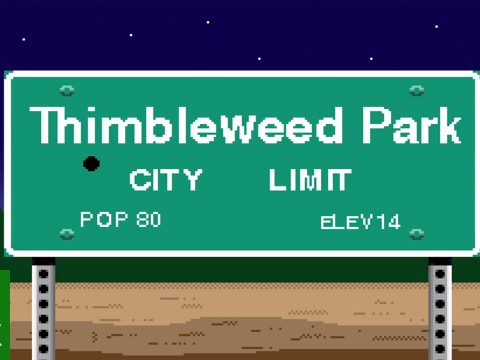When I started in the industry, there was little information available on game development and even less on game production. I had no idea what was expected of me because I hadn’t come up through Q/A or had the benefit of working under an experienced producer. There I was getting my first break in the industry as my company’s only producer, and I had no idea what to do. So I did what anyone else in this position would do -– I panicked.
Then I went looking for information on how to be a game producer.
I found myself asking, “What does it take to be a good producer?” Should I have more technical skills? What about team building or scheduling? Given the lack of best practices and industry-wide processes (except for a few GDC whitepapers), I relied on other industries for information. I read books on project management, software development, construction, film production, and sports management. I read anything I could get my hands on.
What I found between them all was one common theme – communication. If you’re going to work with people to accomplish any type of task, you need to be able to communicate with them. It doesn’t matter if it’s verbal, written, hand signals, or even telepathic. As producers, it is our number one priority to communicate with our team and stakeholders. You need to be able to get information into the hands of others. This is the way that you, as a producer, will adequately set expectations for your project.
Bill Petro understands this need and has recently written an article for Gamasutra entitled “Communication Tips for Game Producers” You can read the full article at the following link:






